When camping in Ontario, Canada, the basic premise is that you throw a few essential things in the car, pick a direction of travel and drive until you are ready to stop for the day. Once in a location, look around for a campground, pay your fee and set up camp. It is not that simple anymore.
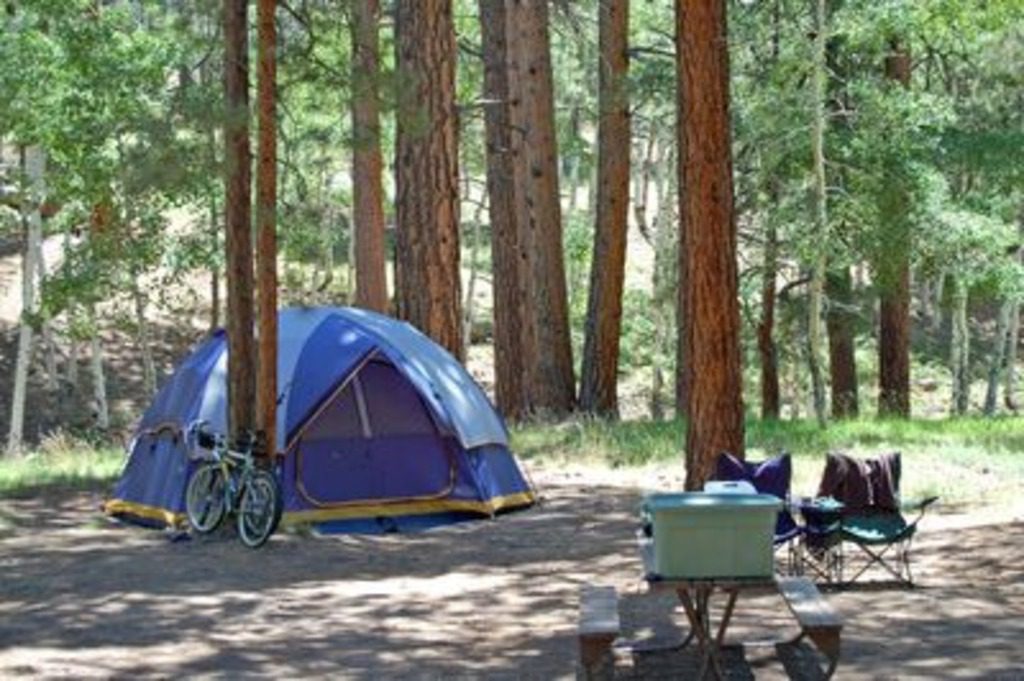
During and since the COVID-19 global pandemic and its on-going health considerations, camping has made a huge comeback and requires much more thought and planning. Camping has become a vacation destination of its own as more and more individuals take advantage of their own backyards. Physically distanced by nature, camping answers the need to get outdoors away from the confines of your houses’ four walls.
*Disclaimer: This post may contain affiliate links. If you make a purchase through one of these links, I will earn a small commission. This occurs at no added cost to you.*
Camping in Ontario provides outdoor adventure, exploration, physical fitness, and fun all the while maintaining your own social bubble with your family members. It is one of the few summer travel options deemed low risk by the many governments. Alternatively, Ontario winter camping does appeal to some die-hard people who need an added level of adventure..
With proper planning, camping can be a relaxing getaway in the great outdoors. With a bit of patience, a reservation is just a few clicks away, even for a newbie.
Table of contents
Types of Camping
Camping is such a broad term for sleeping outdoors. There are so many options to choose from depending on the style of camping you desire.
- Car camping
This implies that you drive to the campsite and set up your tent, trailer, van or bus. Ask yourself if you need electricity or will an un-serviced site be sufficient. Do you prefer sun or shade? Do you need to be near washroom facilities, playgrounds, the beach, or other amenities? Or, do you need to be near town to purchase food or beverages? The answers to these queries can assist you in searching for the right place to camp.
- Backcountry camping
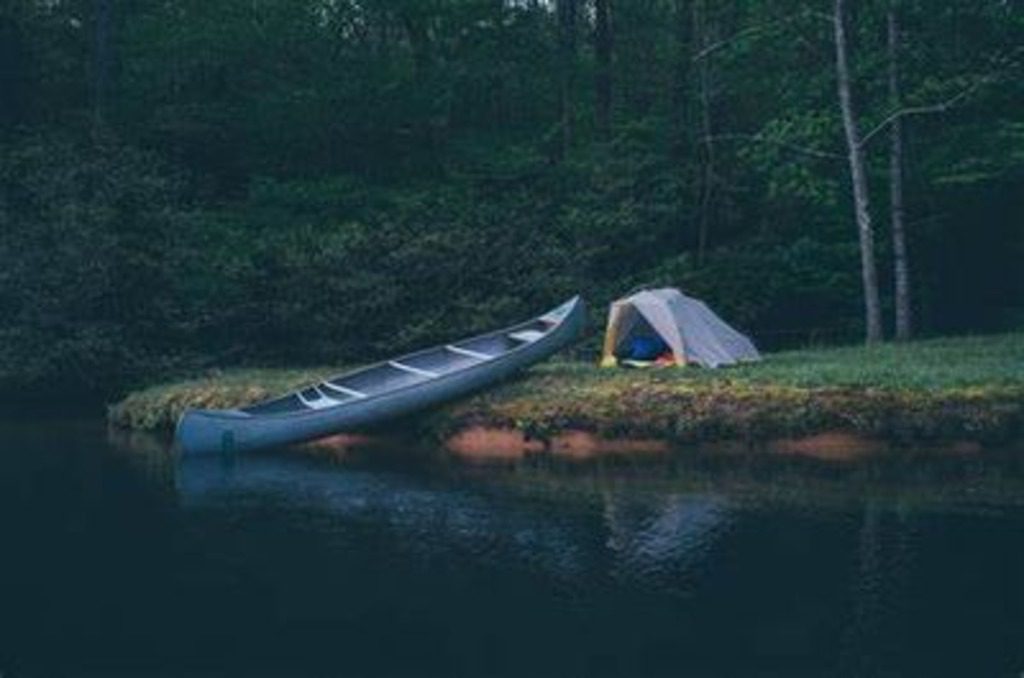
This is for more adventurous souls who plan to hike, or paddle to otherwise inaccessible campsites. The beauty of these is that although they are more remote and secluded, they will provide a more peaceful experience. So then you need to ask: will you be able to carry everything on your back or in a kayak or canoe? In the backcountry, there are no corner stores in case you forgot something. There are also limited rescue facilities if you get yourself in a pickle and become injured. (On a side note, backcountry campers should never go alone.)
Tip: If backcountry camping is your desire, invest in the best lightweight equipment to make your trip easier.
- Seasonal camping
This is typically for older populations who want to spend time outdoors but do not want the hassle of moving their accommodation from place to place. Seasonal campgrounds usually contain large travel trailers or buses which are permanently or seasonally set up in such a way so that the vacationer just drives there and enjoys nature. No set-up required. The campgrounds usually contain stores and are well fitted with the essentials. Some campgrounds even have restaurants onsite or delivery service.
Tip: Go and visit the campgrounds before you make the commitment. Make sure the layout and tree coverage are to your liking.
Where to Go?
In Ontario, there are several different types of campgrounds each of which will provide a place to sleep under the stars and commune with nature. They could be private, provincial, or federally managed.
Many campgrounds now offer online booking options and some even have interactive maps indicating what sites are available for your dates. There are even some that show photos of the campsite.
- Private Campgrounds
Private campgrounds in Ontario are locally owned and operated and may have been families for generations. The owner dictates the rules of their own campground. Prior to making reservations, you should read and understand them. These could include information about size of the party, pets, alcohol, noise or for seasonal camping, the age of the trailer.
The Camping in Ontario directory provides the most recent information about private campgrounds and shows where they are located on a map. It also includes whether campsites can be booked online or if you must call to reserve. You can filter the search engine based on location and amenities.
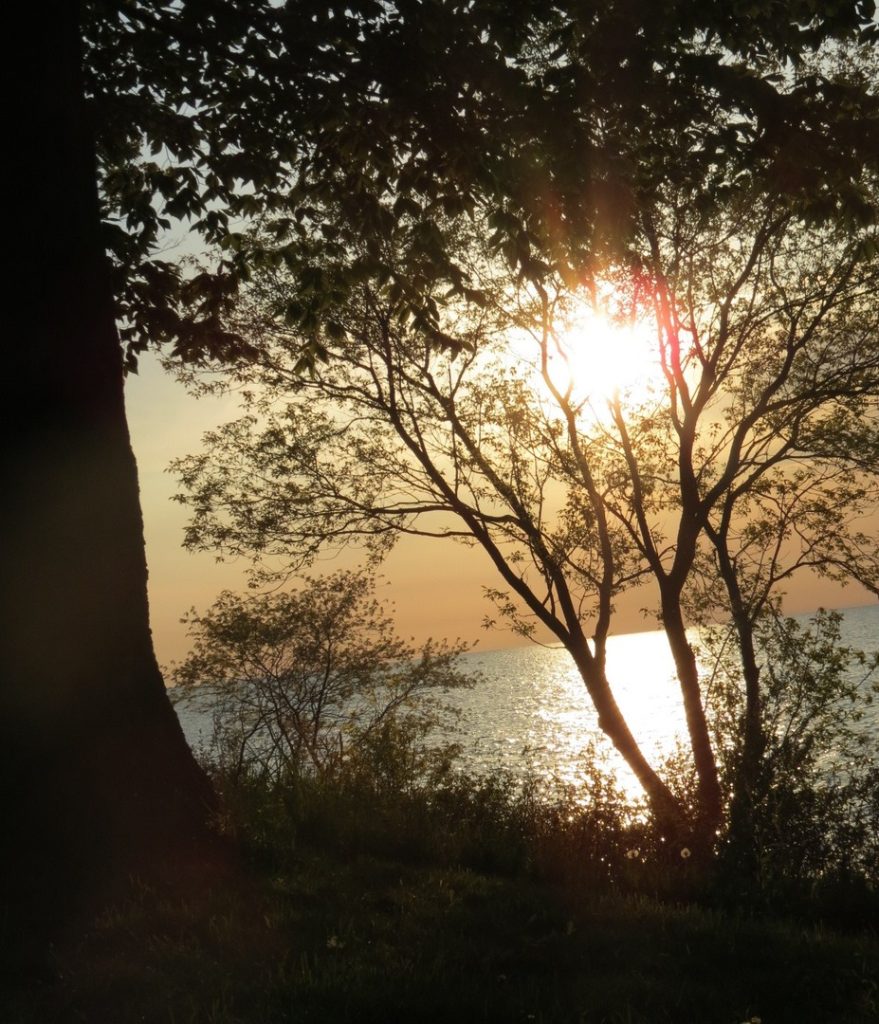
My favorite private campgrounds in Ontario are:
Wesley Clover
Sherkston Stores
Pleasure Park
- Provincial Campgrounds
Ontario Parks is the website to search and book campgrounds in Ontario. With the great upsurge in the popularity of camping, certain parks and certain dates are VERY difficult to book. Patience and early booking are the key. Stays in Provincial can last up to 21 days at a time and can only be reserved 5 months in advance. These parks are very well maintained and provide great experiences in each park.
My favorite Provincial Parks are:
- Federal Campgrounds in Ontario
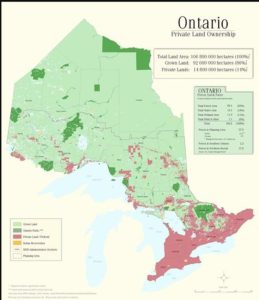
Federal campgrounds are either listed as National Parks or as Crown Land Camping. Crown land camping consists of a federally owned piece of land that they have designated permissible for camping. There are generally considered part of back-country camping and usually have no amenities.
The federal government has identified 42 National Parks as designated natural areas of Canadian significance that are protected by law. Ontario has 7 of these significant areas. These are: Bruce Peninsula National Park; Fathom Five National Marine Park; Georgian Islands National Park; Point Pelee National Park; Pukaskwa National Park; Thousand Islands National Park and Lake Superior National Marine Conservation Area. Camping is available at all parks but may have limited sites.
My favorite National Parks in Ontario are:
Bruce Peninsula National Park
Point Pelee National Park
Thousand Islands National Park
What Essential Equipment Do You need?
It goes without saying that there are some pieces of equipment that are essential when it comes to camping in Ontario. If you plan on back-country camping, more lightweight varieties are available in specialty shops.
Tip: If you are not sure you will enjoy camping, check out renting or borrowing the equipment first or purchasing second-hand.
- Tent –
Unless you plan to sleep under the stars and open to the elements, a tent is required. It should be big enough for the number of people plus a bit extra for any luggage/bags you bring.
- Air mattress –
An air mattress is a good idea for making sleep a little more comfortable. No matter how flat the ground looks, there is always that one tree root or rock that will find your back.
- Flashlight –
Depending on the campground, the trip to the washroom in the evening or during the night can be very dark. A flashlight will help prevent you from getting lost ot stumbling on something in the dark.
- Lantern –
For the evening after the sun has done down, a lantern can help shed light on any clean-up required or to prepare any food you plan on cooking in the campfire.
- Sleeping bag –
Every member of the camping group requires a sleeping bag. There are different weights of bags for different temperatures so it is best to get one that will suite most of your needs. For children, it is best to purchase a full-size bag for them to grow into rather than must buy a second one as they grow.
- Cooler –
Food or drinks must be kept cold in a cooler. It should be large enough to be able to put at least two bags of ice in plus the food. If you plan on drinking a lot, sometimes a separate beer cooler is warranted.
- Stove –
Some type of portable stove is required to cook any meals. Many come with propane cylinders as the heat source and are easy to use.
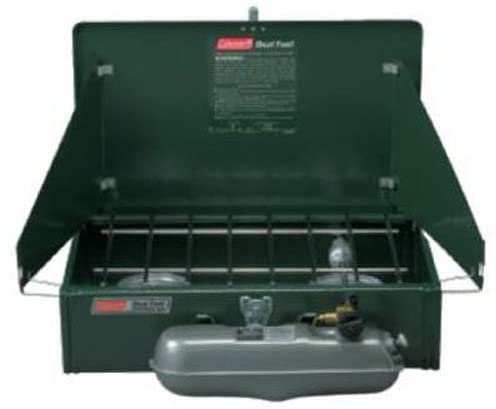
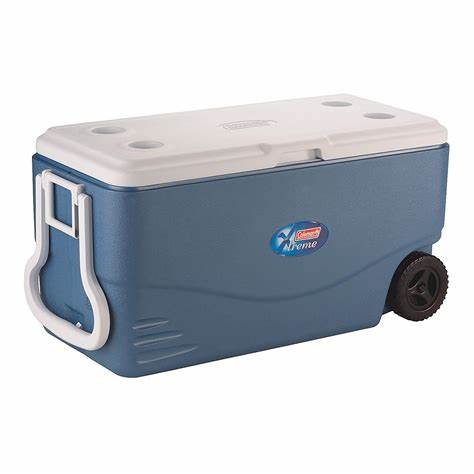
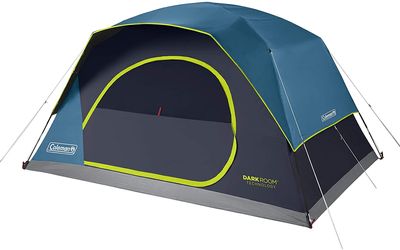
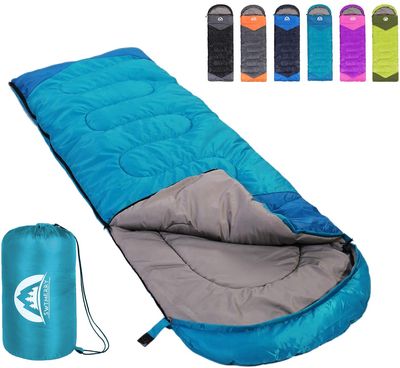
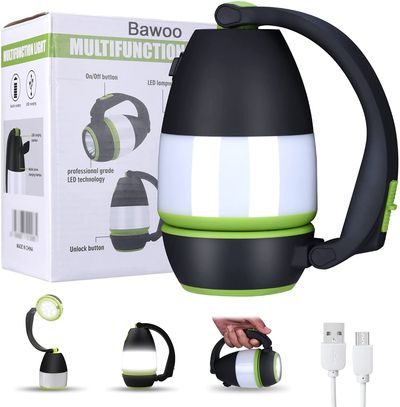
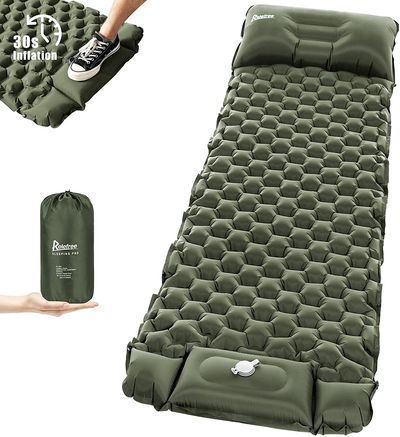
- Lighter –
A light or matches is required to light the stove as well as light any campfire you choose to start.
- Toaster –
A toaster is not a necessity, but it does come in handy. These can be purchased to sit on top of the stove to obtain a nice texture to the bread.
- Coffee pot/French press –
For many, coffee is a must to start the day. Either you can boil some water and use a French press to make coffee, or you can buy a stove-top percolator coffee pot. If you know your site has electricity, a small k-cup machine can be brought from home.
- Set of pots –
two to three sizes of pots are valuable for cooking. A large pot can be for boiling water for pasta or for making stew or chili. Smaller pots can be for making soup or anything else you desire.
- Fry pan –
A frying pan is great for cooking that morning bacon and eggs as well as making grilled cheese or that freshly caught fish.
- Dishes for 6 –
Dishes should be available for everyone that you are camping with. Service for 6 is a good number. Any more than that it can get cumbersome to pack.
- Cutlery/utensils –
Every one in your camping group will require utensils. Do not forget the spatulas and utensils for the large pots. Oven mitts are also a good idea around the stove or campfire.
- Insect repellant –
Depending on the location of your campsite and the time of the year, this is a MUST. Early in the season blackflies are hungry. A little later mosquitoes and deer flies can be a problem.
- Tarp –
A tarp or two are great items to bring for the just-in-case moment. If you are arriving after a rain, you will want to put a tarp on the ground to protect you from the dampness. If you are in a treed site, a tarp strung in the tress overhead can provide a shady spot from the sun or added protection from the rain.
- Sunscreen –
If you plan or any time in the sun, you will need to apply sunscreen. In water areas, the sun will reflect off the water and can make the sun more damaging. Always remember to re-apply after swimming.
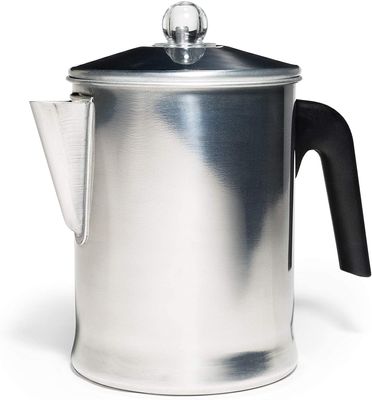
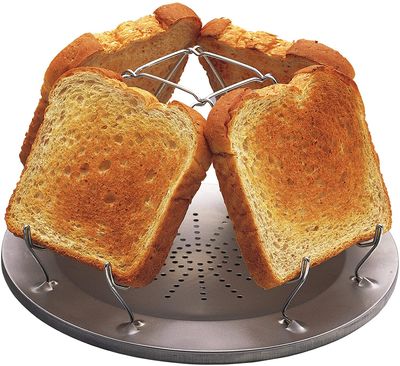
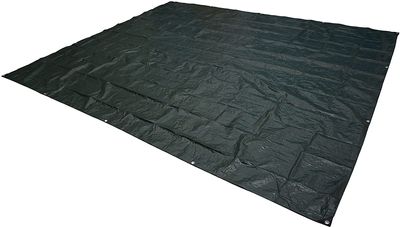
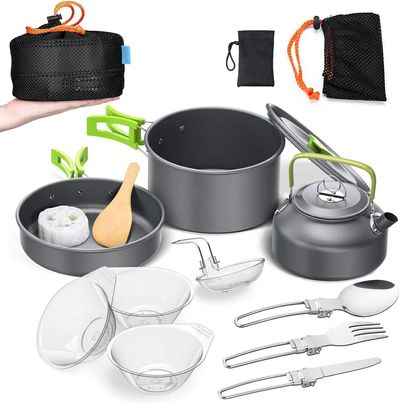
What Food to Bring?
The type and quantity of food you bring on a camping trip is entire your own preference. However, there are some things to keep in mind.
Tip: You need to remember that anything that needs to be kept cold must fit in your cooler. If not, it will go bad.
The scheduling of mealtimes may not follow the same routine as you have at home. You need to be more flexible. Children always like snacks and do tend to become dehydrated very quickly while camping. Drinks need to always be available. Alcohol is not necessarily considered a valuable beverage although it is fun to drink with friends.
If you are bringing meat, the meals should be planned in such a way that the most delicate of the meat is eaten first. For example, chicken or fish followed by beef, pork, sausage and anything pre-cooked like stew or chili.
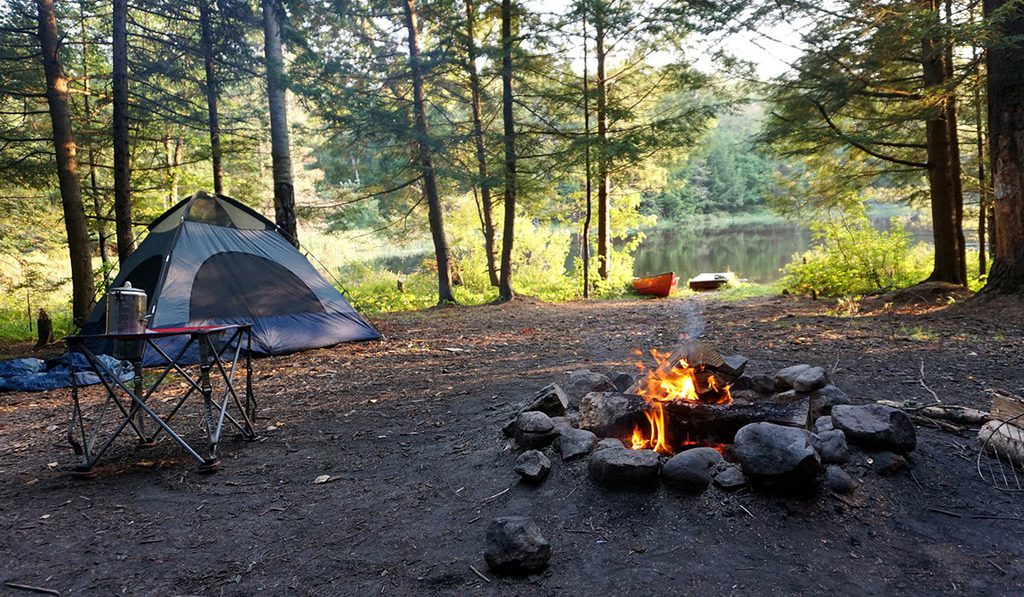
If you are going for a longer trip, consider making something ahead of time and freezing it. This can then be used as an ice block to keep other products cold in the cooler. Again, remember the size of the space.
When camping in Ontario in the summer, keep in mind that some food products that normally do not need refrigeration may require it to prevent melting which incudes anything with chocolate. This can also include fruits and vegetables. Bananas will brown much more quickly in the summer heat.
Once you have decided on your menu you will decide on whether you purchase at home before you go or purchase closer to the campground.
Campsite Reminders
There are several important campsite reminders that you need to be aware of so that your camping experience will be more enjoyable. Whatever food you decide to bring it is VERY important that you NEVER keep any food in your tent. Food in the tent can attract many types of unwanted animals no matter how well sealed the package is. Raccoons, skunks and bears are the most common nuisance animals, but you could see birds, squirrels and chipmunks as well. At night, place all food inside your car and lock the doors.
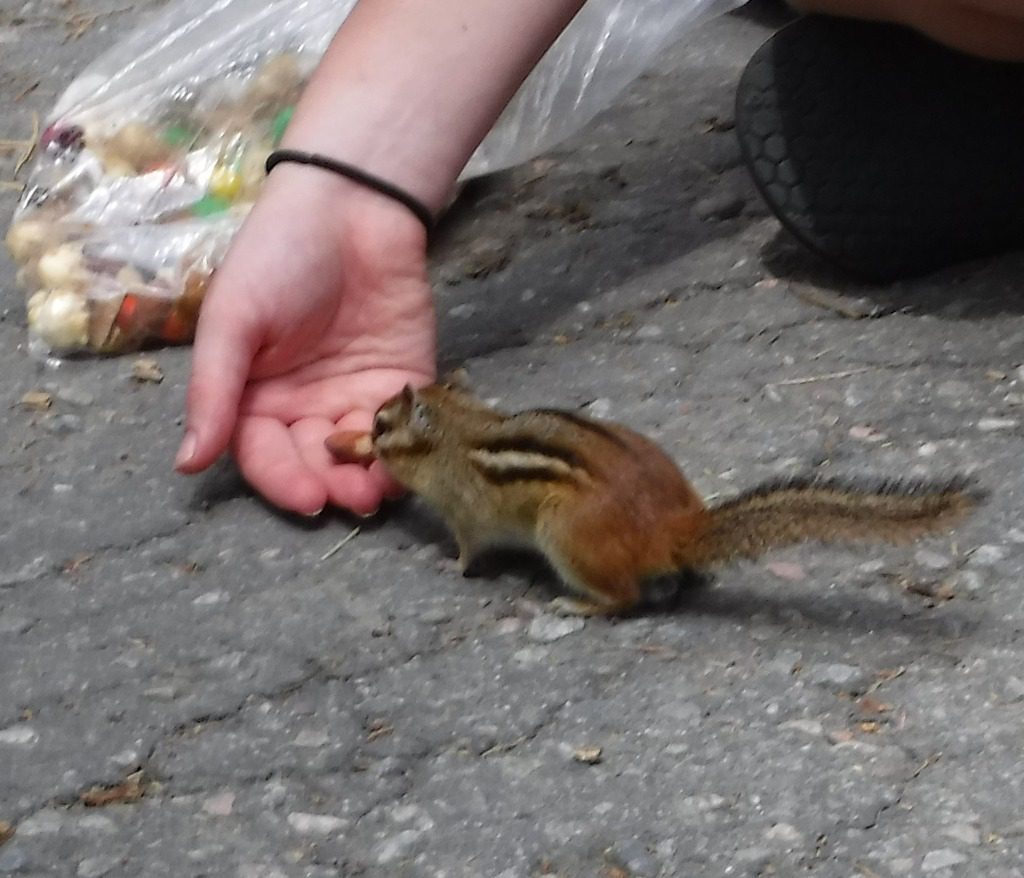
Generally, you cannot bring your own firewood to the campsite if you are car camping. There are many types of insects that can live inside chopped firewood. Some of these can carry diseases that can affect local forests or other natural populations.
Campfires will only be permitted in designated areas and for the most part these areas are not permitted to be relocated to elsewhere on the campsite. Campfires are to be kept to a reasonable level and fireworks are not permitted.
Garbage must be cleaned up around your campsite and on an on-going basis. Again, you do not want animals roaming through your campsite making a mess or potentially harming anyone.
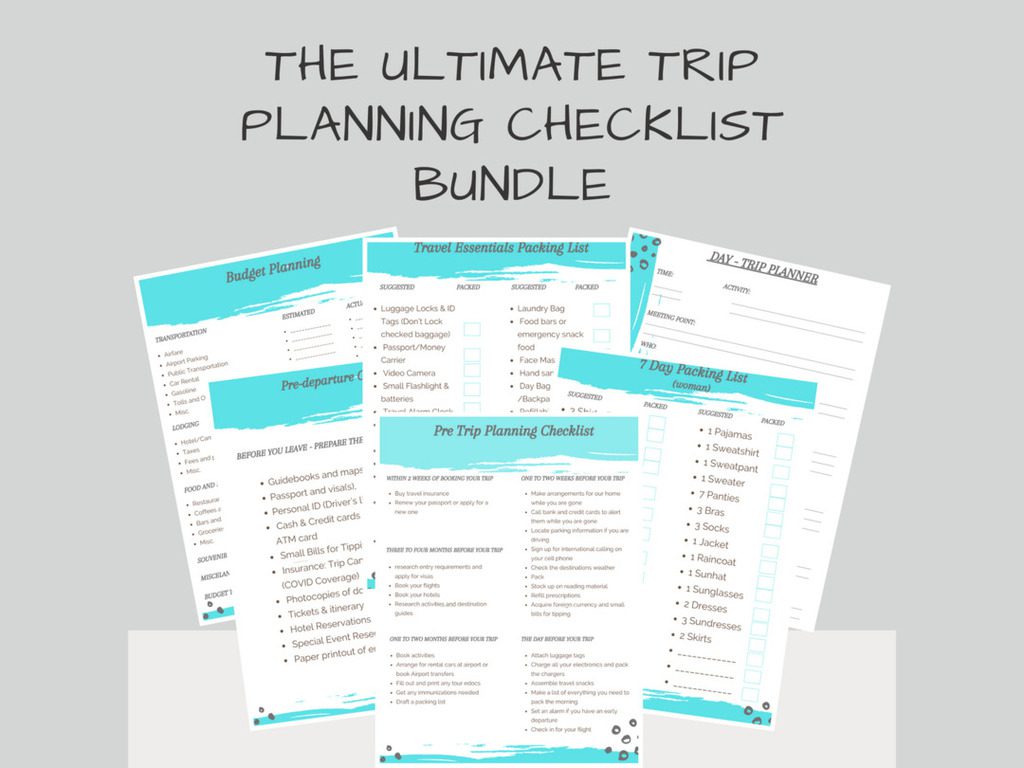
Planning a trip is made easy with this Trip Planning Checklist Bundle. It has everything you need to keep you well organized. From Pre-planning to Budget Planning, Day Trip Planning, and a variety of Checklists, you will have the tools to plan and enjoy your vacation.
Conclusion
So, with a little bit of proper planning and these camping tips, the outdoor experience of camping in Ontario can be thoroughly enjoyed by anyone even if you have never done it before.
Don’t be afraid to try something new. Have fun and be flexible and enjoy your best outdoor experience while camping in Ontario.
Are you ready to go Camping in Ontario?
Pro Tips for Planning your holiday
Car Rental: Don’t let no owning a car stop you from camping in Ontario. Rent one instead! To compare rental car company prices, I use Rentalcars.com. They are the world’s biggest car rental site, comparing all main brands including Budget, Ace, Hertz, Avis, and Alamo. Select one slightly larger than you would normally rent to have room for all the camping equipment.
Travel Insurance: Don’t travel anywhere without travel insurance, it’s not worth the risk. Travel insurance from VisitorsCoverage.com is available to people from over 175 countries. It’s designed for adventurous travelers with cover for overseas medical, evacuation, baggage and a range of adventure sports and activities.
If you find yourself in the Ottawa area, there are some unique activities worth visiting.
Like this post? Pin for Later!


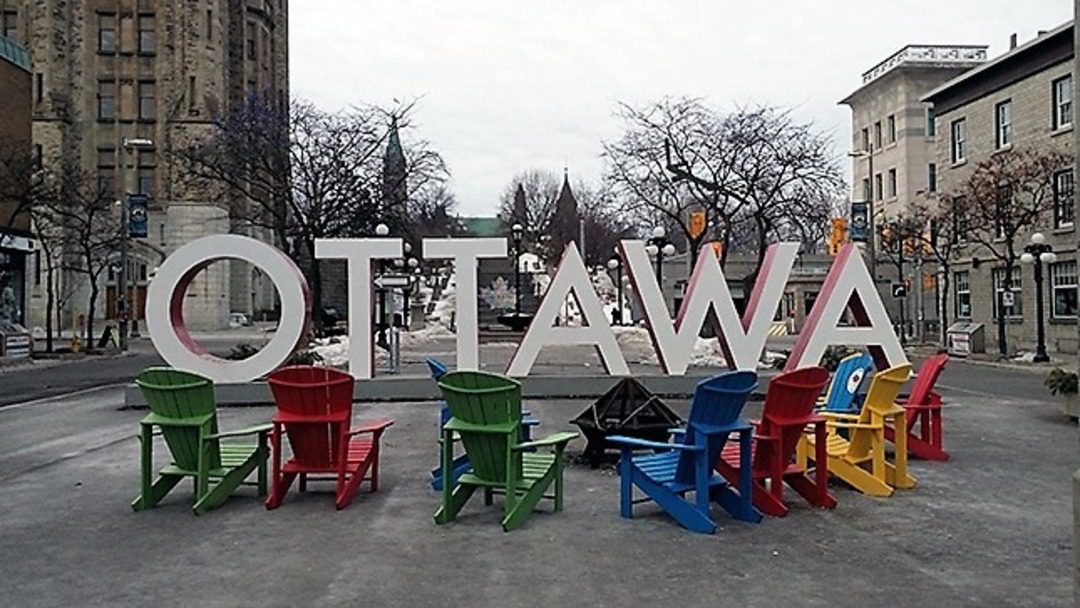
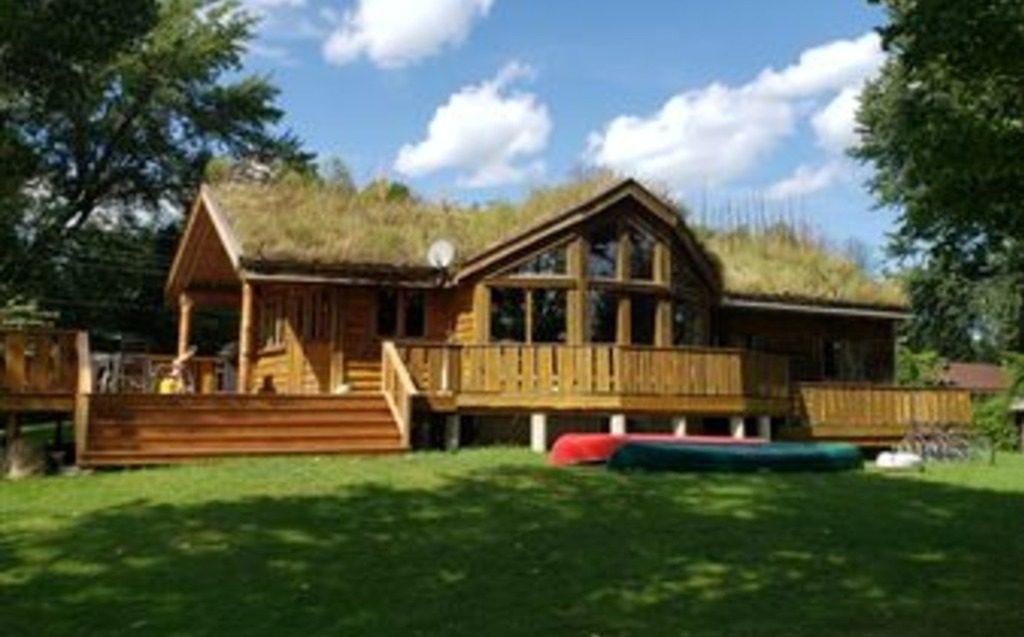

Excellent post, Laura and very informative.
We can’t wait to cross Canada off our bucket-list!